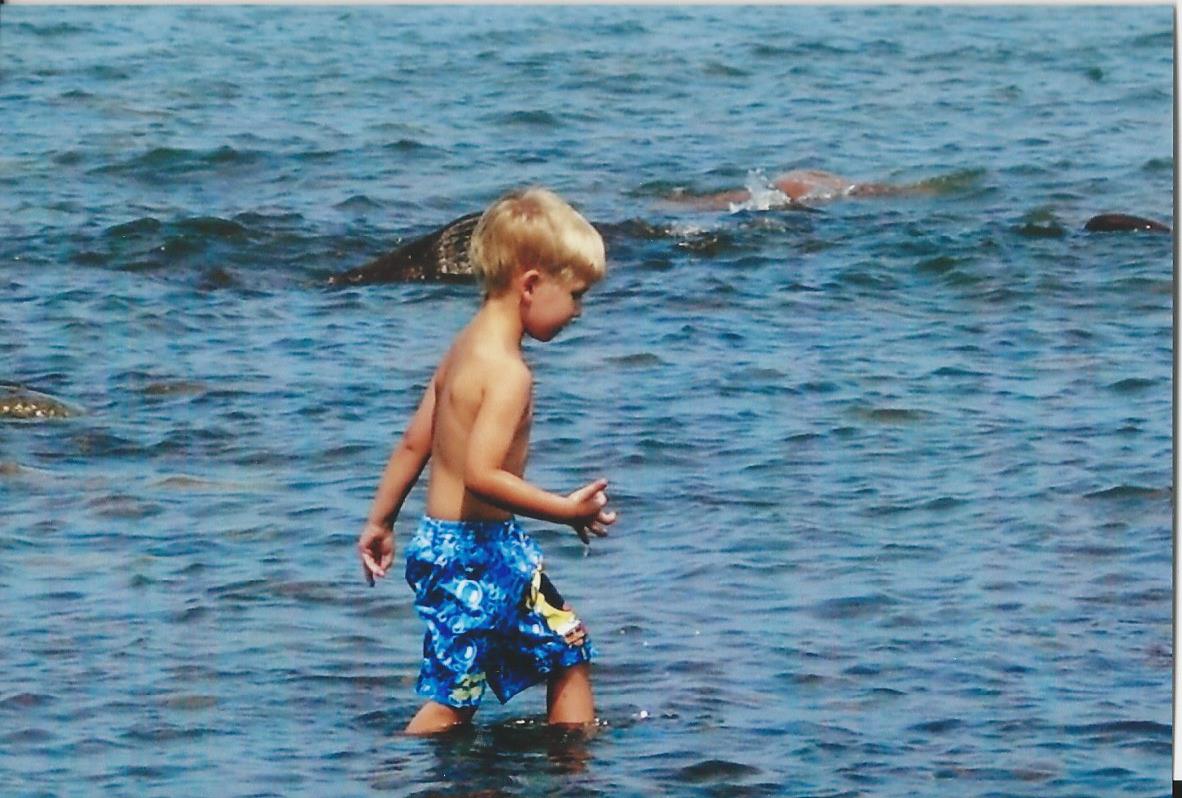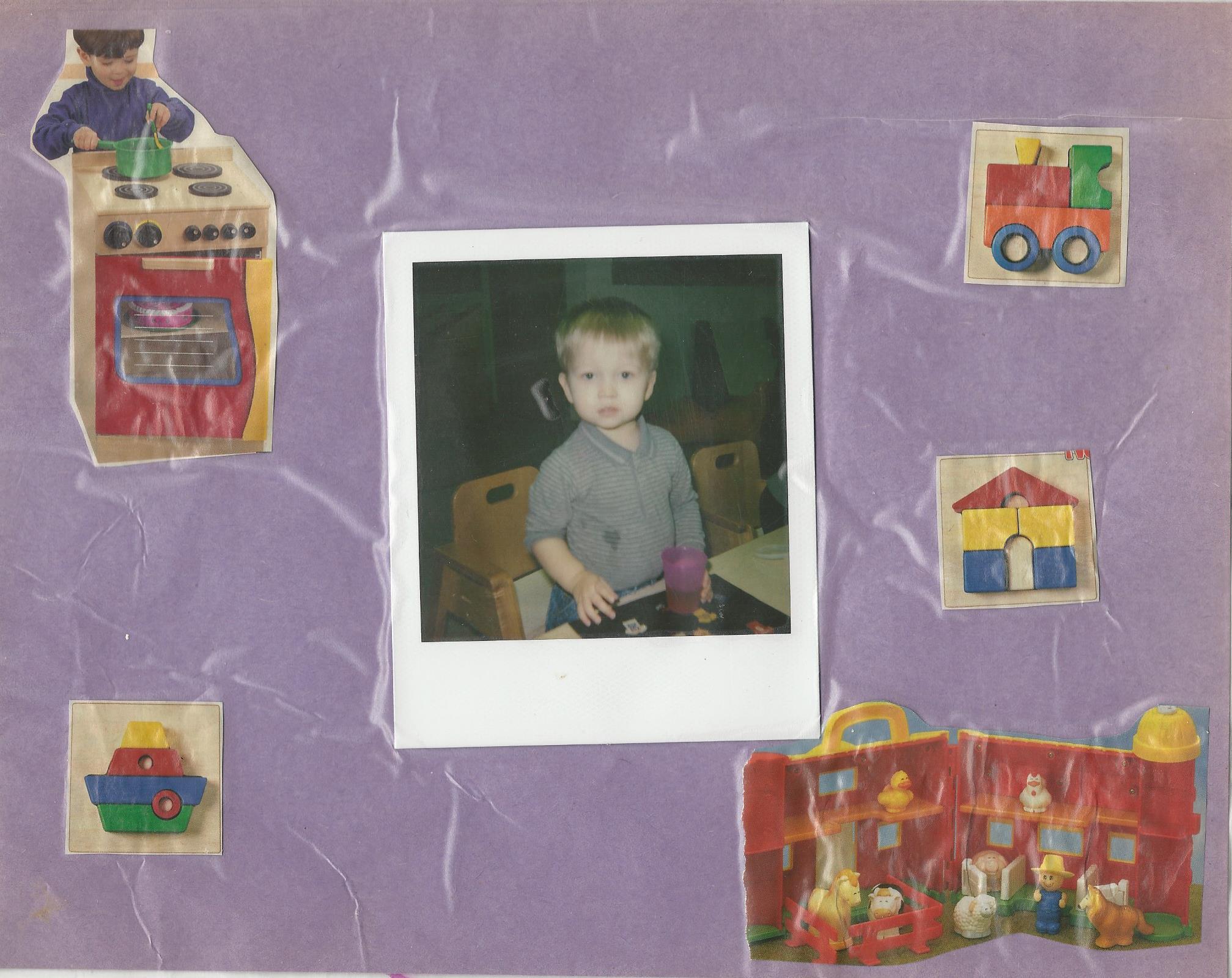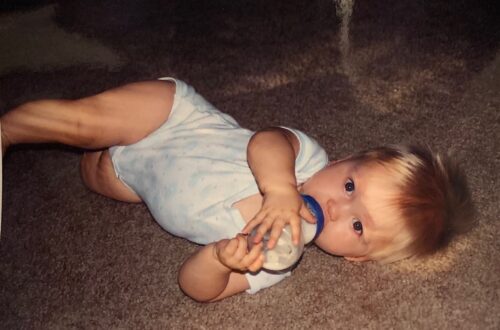
The Virtues of Algebra
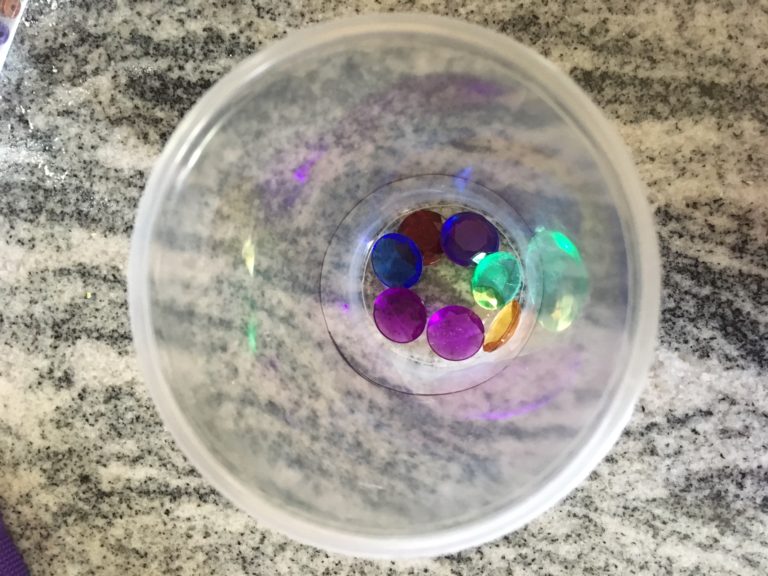
J’s academic strength has always been math. It has been his “language”—the one he has always understood the best ever since he was a toddler. Math is predictable, math is rote calculation, math is fact families. It’s predictable. 3X4 always equals 12. He has always been phenomenal at it. And then came Algebra in middle school math, and all of a sudden, J was no longer good at math.
This type of math requires decisions. You need to look at an equation and decide what like terms need to be combined. You need to be able to look at the equation and figure out how to get x by itself. Do you add or subtract numbers out? Do you need to divide by a number to get x by itself?
I know that J will never have to use this math once he’s done with high school—I’ve yet to have to use it myself. I’ve had lots of people tell me that we could make J’s life a lot easier by not pushing so hard in math (or just pushing in general). There’s other, more “functional” math classes out there for kids like him—middle school math strugglers. I’ve even heard debates on NPR about whether or not public schools should stop making Algebra a requirement (see here, here, and here. There are a ton of stories on this. And three or four years ago, the liberal arts English major me would have nodded whole heartedly in agreement. Temple Grandin (the most famous high functioning adult out there) has said that she struggled in Algebra (an abstract math) and suggests that kids on the spectrum be allowed to skip algebra and go straight to Geometry (visual math).
As we’ve sat down this summer to work on math, I’ve started to realize and really appreciate how much math is this wonderful way to teach J lessons he needs to learn in the language he knows the best–numbers. This new math—this math that is now so challenging to him—has shown me and him what he needs to do in order to function both in math (and in life) better. The biggest lesson? Slow down. Take things one step at a time. Stop and observe. Really observe. What do you see? What do you think you should do next based on the things you see? This is something that we’ve tried doing through mindfulness meditation, and the meditations work for behavioural things like meltdowns. But this new lesson of slowing down in Algebra? It’s been great for his “higher level thinking.”
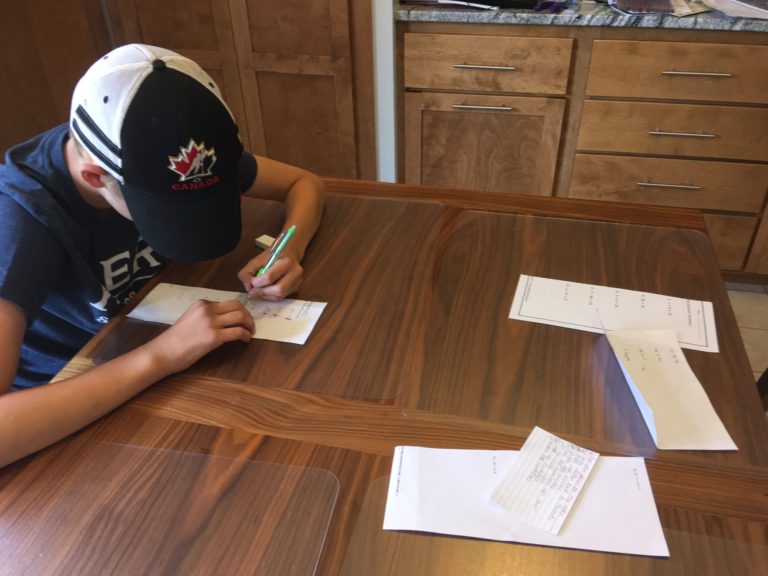
One thing my mum helped me realize when she was here last month, was that J needs to learn every single micro step just like he knows his multiplication, division, subtraction, addition, just like he knows any square of any number and any number squared. Once he’s got those steps down he needs to force himself to stop between each step. That’s where she came up with the cup and token idea. Once you finish a step, you put in a token. The sole purpose of the token is to get J to stop rushing for a second and take a short break between steps. Long enough to keep him focused on what he’s doing. And it seems to be doing the trick.
Here is J’s worksheet from a few weeks ago. Pythagorean theorem. Every single step all by himself. He is slow and methodical—enough to make the decision to combine like terms (numbers) if there is an unknown C (or hypotenuse), or eliminate a number beside an unknown A or B. He can make those observations and make the right decision on which “rule” he’s going to use all on his own now. I can give him a worksheet, leave the room, and he’ll be done with it in 5 minutes. He couldn’t do any of that on his own without help or prompts last year. It’s fantastic. What’s even better is that he’s starting to like math again.
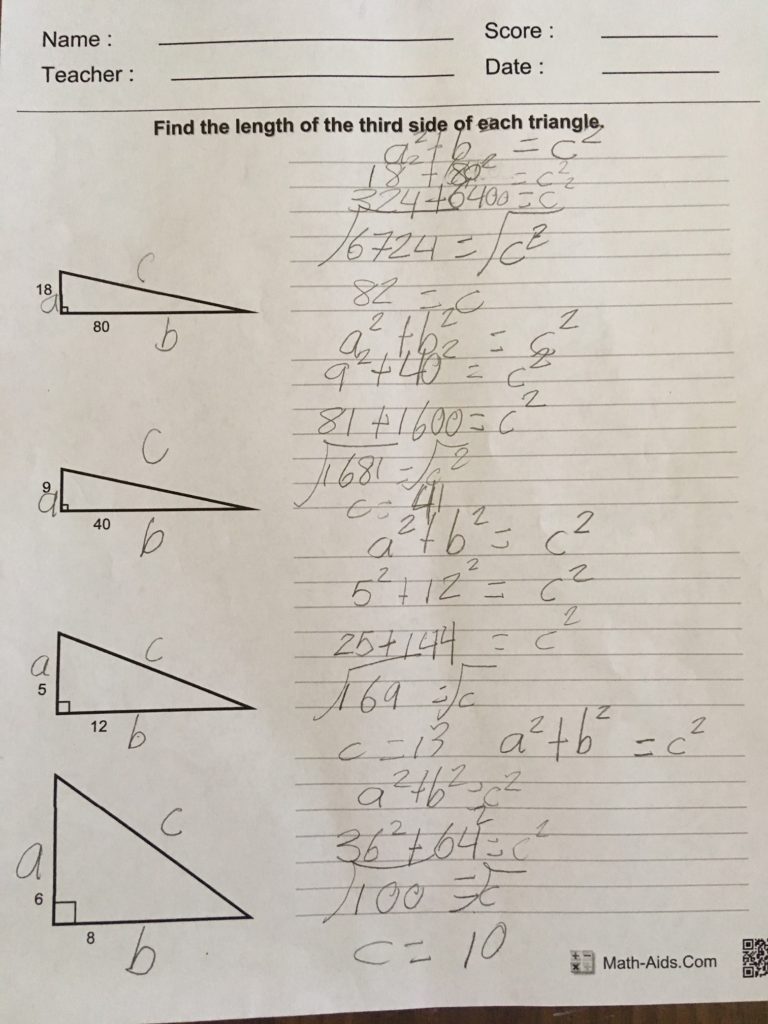
We’ve started now practicing multistep algebraic equations. They’re similar to the Pythagorean theorem in those observations and methodical steps, but there are a dozen or so rules to know (exponents, parenthesis, fractions, decimals, etc), so it’s been slow going. I’m not sure how much of “relearning and catchup of last year” we’ll get done before school starts. Right now, those aren’t the most important lessons for him to learn. Right now we’re learning Algebra for the life skills. The slowing down to stop and observe something. The thinking for a few moments and determining the right action instead of impulsively moving forward without thinking.
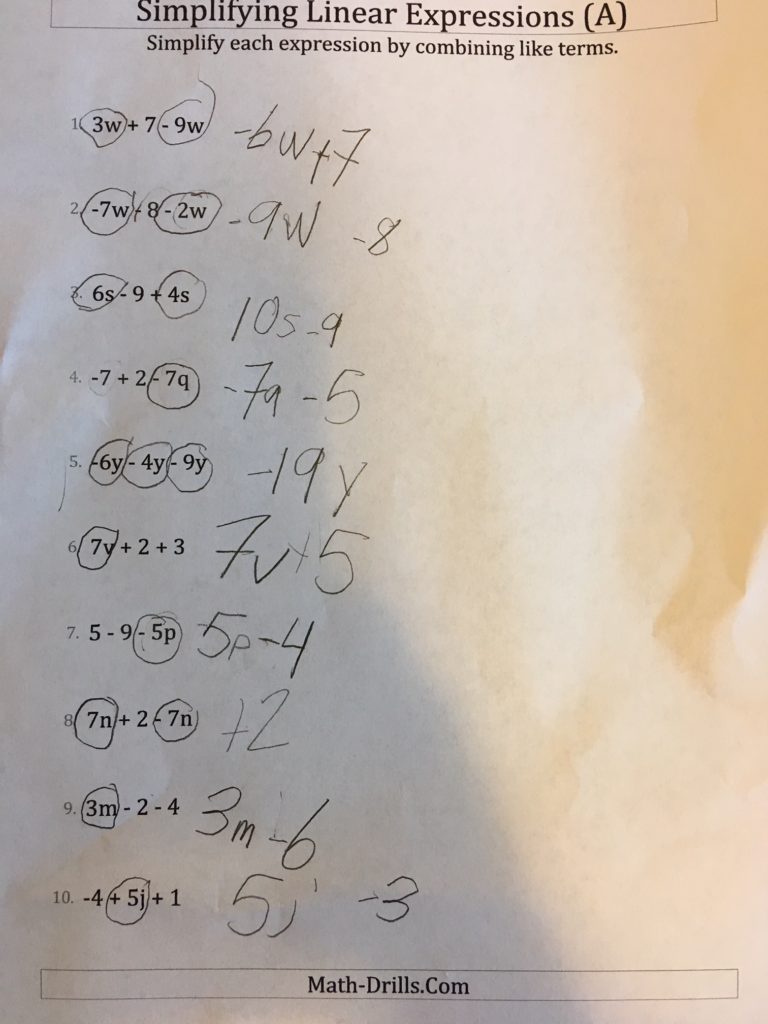
It’s helping with the minor daily anxieties he has, like having to run out the door and be in the car (without his shoes properly on or tied) before anyone else in the family is ready. I can say, “Let’s think about this? Have you ever been left behind before? Do you think we will ever leave you behind? No. So there’s no need to rush.” And then all of a sudden he has this realization that things will be fine and that he probably should tie his shoes before he heads out the door. Or when he sees a plate of cookies for the family and rushes to grab as many as he can, I can say, “Let’s count how many are on the plate. Who still needs one?” And J’s chronic food panic is calmed down temporarily.
We’ll see how next year’s math goes. Hopefully he’ll start getting the hang of slowing down, observing, and reacting in the correct way. It’s something he needs in every academic thing he does. We’ll see how far he can go with the Algebra.
Algebra, right? Who knew it could be more than just math?
